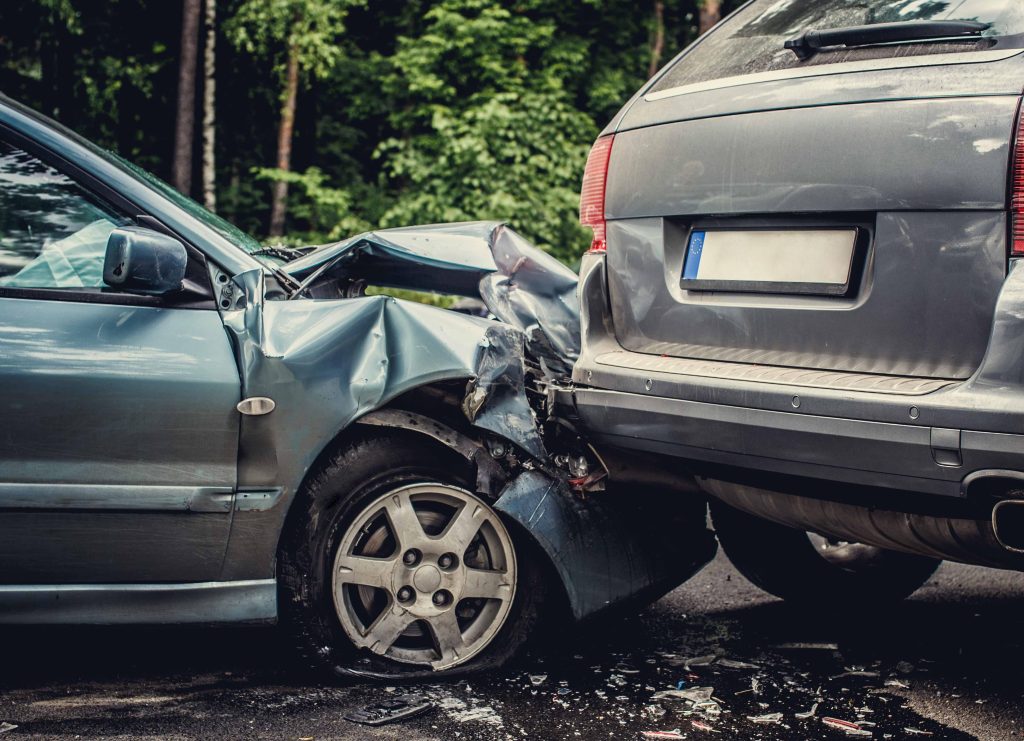Vehicular Assault & Vehicular Homicide Laws – Differences, Penalties, and Defenses in Washington State

Crashes that result in serious injuries or fatalities can have devastating consequences for everyone involved. In Washington State, two of the most serious driving-related criminal charges are vehicular assault and vehicular homicide. While they share similarities—both involve motor vehicle accidents and allegations of reckless or impaired driving—they are legally distinct offenses with different definitions, penalties, and long-term consequences.
Vehicular Assault
Under RCW 46.61.522, a person may be charged with vehicular assault if they cause substantial bodily harm to another person while driving under the influence of drugs or alcohol, driving in a reckless manner, or driving with disregard for the safety of others. “Substantial bodily harm” generally refers to injuries that cause a temporary but significant loss or impairment of a body part or organ, or long-term injury that is not permanent. Vehicular assault is classified as a Class B felony, punishable by up to 10 years in prison and a $20,000 fine. Sentencing depends on factors such as the driver’s prior record and the circumstances surrounding the incident.
Vehicular Homicide
Under RCW 46.61.520, a driver may be charged with vehicular homicide if they cause the death of another person within three years of a crash while driving under the influence, driving recklessly, or driving with disregard for the safety of others. Vehicular homicide is a Class A felony, carrying penalties of up to life in prison and a $50,000 fine. As with vehicular assault, DUI-related cases often result in the most severe sentences, and prosecutors typically pursue these charges aggressively.
Key Differences
The main difference between vehicular assault and vehicular homicide lies in the outcome of the crash. Vehicular assault applies when the victim sustains serious injuries, while vehicular homicide applies when the victim dies as a result of the crash. Both charges require the prosecution to prove that the driver was impaired, acted recklessly, or drove with disregard for the safety of others.
Possible Defenses
Defending against either charge requires careful analysis of the evidence. Common defenses include challenging the accuracy or admissibility of DUI test results, disputing whether the defendant’s actions were the actual cause of the injury or death, questioning whether the driving met the legal standard for recklessness or disregard for safety, and raising procedural or constitutional violations by law enforcement.
The Importance of Legal Representation
Vehicular assault and vehicular homicide charges carry severe legal and personal consequences, including lengthy prison terms, permanent loss of driving privileges, and a felony record that can affect future employment, housing, and civil rights. Because of the stakes involved, it is essential to seek legal representation immediately to protect your rights, investigate the case, and build the strongest defense possible.
Being charged with vehicular assault or vehicular homicide in Washington is a serious matter that demands an aggressive and experienced legal defense. Understanding the distinctions between these offenses, the penalties involved, and the possible defenses is critical to navigating the legal process. If you or someone you know is facing these charges, the Law Office of Erin Bradley McAleer can provide skilled representation and fight to protect your future. Contact us today for a consultation.